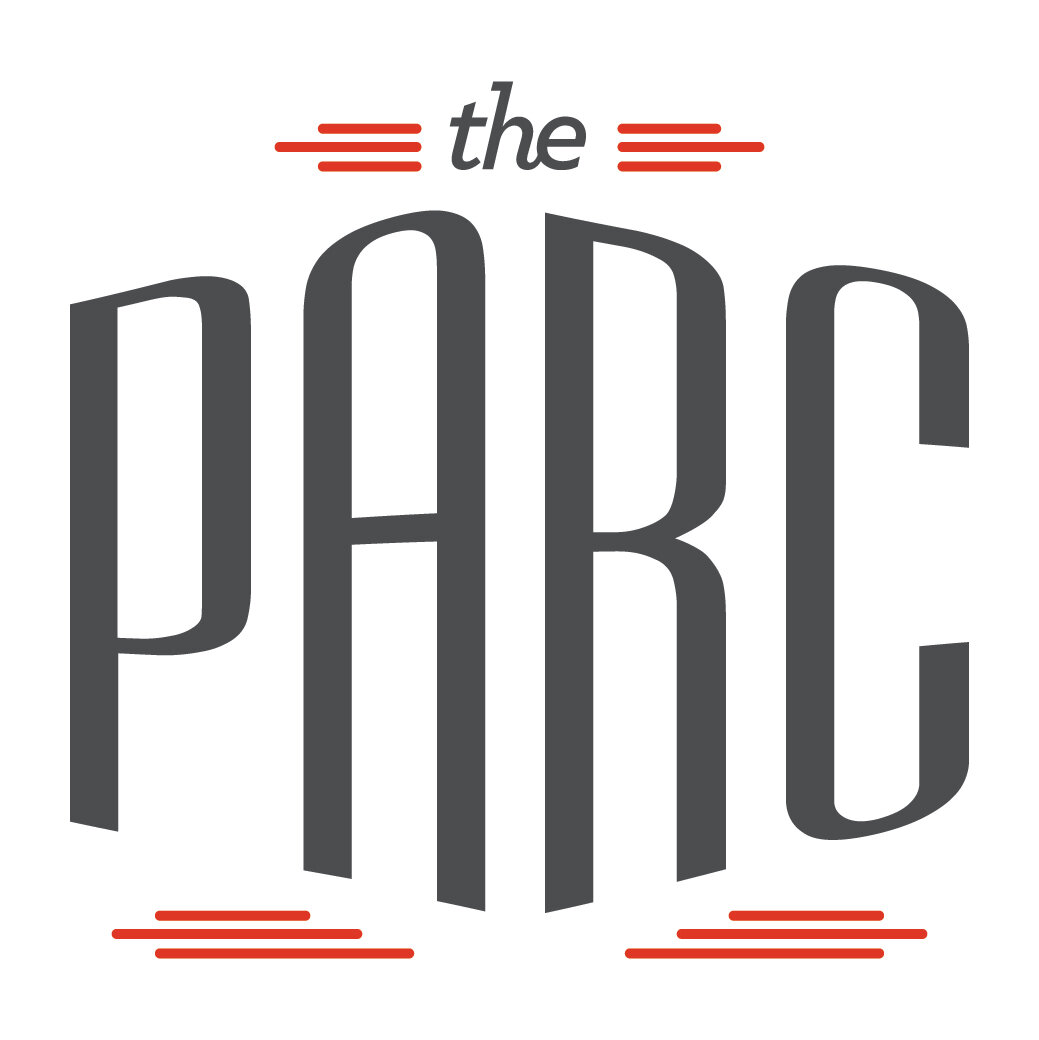From Another Point of View
One of the MANY things that I love about the PARC is that it changes everyone who chooses to become a part. Without exception those who come find acceptance, no judgement and a place to belong. I would like to take this opportunity to share about the PARC from one of our volunteers. Russell Long is President Emeritus of West Texas A&M University.
I’ve served as a volunteer at PARC for several months, in theory to teach weekly classes to those who come there. In reality, they’ve taught me more than I have probably taught them. For example, I knew very little about those who are homeless. I never held the extreme opinion that they were all lazy, drug-addicted, layabouts who lived off government handouts but, to be honest, I simply very rarely thought about them and had few opinions.
One of the starting points in any conversation about those who are homeless is “why?”. My first lesson was that this is an extremely complicated question. For example, I have learned that one of those I talked with was orphaned at age three, grew up in an institution until he was put out at eighteen. With very little education, no family, no job skills, he has little choice but the streets.
Another was regularly seriously abused by her mate until, without friends or family, she became one of those that is homeless. Several had drug or alcohol problems which destroyed any semblance of a normal life. At least one I know feigns mental illness, which, to me at least, is in itself real mental illness.
What are they really like is another question I encounter. One woman is filthy, dressed in worn-out free clothing, and is incredibly bright and cheerful. One man is articulate, humorous, past valedictorian of his high school class. One man is wheelchair bound, almost blind, and generally in a very good mood. Some are well-educated, others can barely read nor write. The bottom line is that I have come up with no accurate generalization about them.
Those of us who are permanently housed tend to take our homes, vehicles, clean clothing, regular meals and showers pretty much as necessary parts of life. However, our definitions are quite different from those of the homeless. For example, as part of our conversation, I asked one woman where she lived, and she responded that she had nice place in an alley behind a downtown business. Another proudly told me he had his first permanent job, as a dishwasher, and for the first time in his life was paying taxes.
Many of the things we take for granted are unreachable for those who are homeless. No social security card, no driver’s license, no mailing address, no identifying documents, not much likelihood of employment.
the PARC fills a particular and extremely important gap in the lives of those it serves. The workers call them by name—a rarity in most of the rest of their lives. They have eye-to-eye contact, people smile at them, they are made to feel welcome, they are offered food and drink, they can go to the bathroom indoors. Perhaps the best decision I’ve made in recent years was my volunteering there. PARC deserves as much help as it provides others.
